Planet Earth news, feature and articles
Earth is one big spinning mystery in a constant state of change. With more than 4.5 billion years of history locked inside a ball of molten rock and iron, our planet is made up of a vast array of geological wonders, carved by the oceans, shaped by the shifting plates beneath our feet and sculpted by weather across the surface. Our team of expert science writers and editors are here to reveal our planet’s secrets — from the deepest depths of the ocean, through the coldest places on Earth to the very edge of space — keeping you up to date with the latest discoveries with planet Earth news, articles and features.
Discover more about Planet Earth
—50 interesting facts about Earth
—The deadliest natural disasters in history
Editor's Picks
-
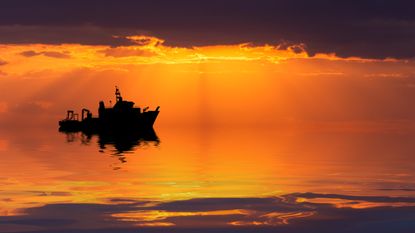
Enormous freshwater reservoir discovered off the East Coast may be 20,000 years old and big enough to supply NYC for 800 years
-
-
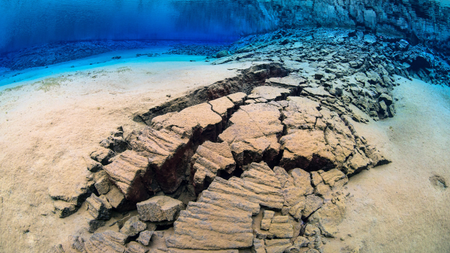
'Maybe they're waiting for something that only happens thousands of years later': The hidden life 'sleeping' deep beneath Earth for millions of years
-
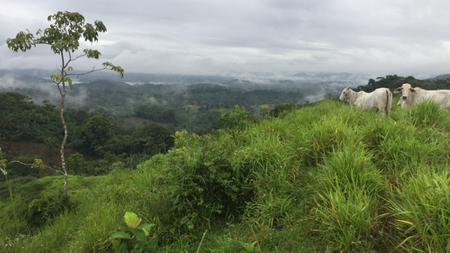
'Nitrogen fixing' trees could help tropical forests bounce back, research suggests
-
Latest about Planet Earth
-
-

How can deserts form next to oceans?
By Sara Hashemi Published -
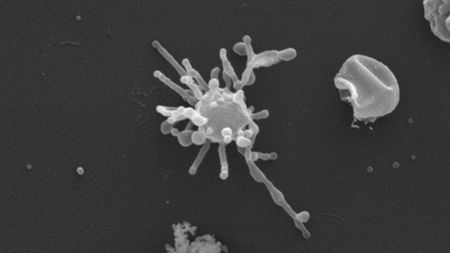
Ancient 'Asgard' microbe may have used oxygen long before it was plentiful on Earth, offering new clue to origins of complex life
By Kenna Hughes-Castleberry Published -
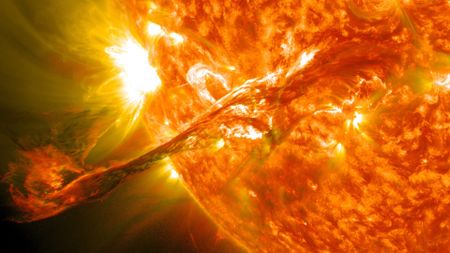
Solar flares may be triggering earthquakes, controversial study claims
By Kenna Hughes-Castleberry Published -
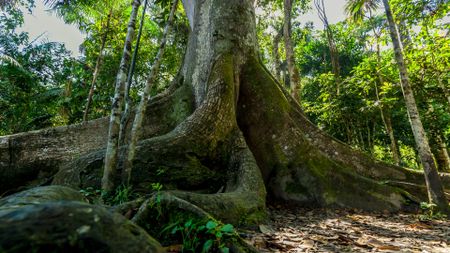
The biggest trees in the Peruvian Amazon store the most carbon — and they also face the greatest threat from humans
By Brian Owens Published -
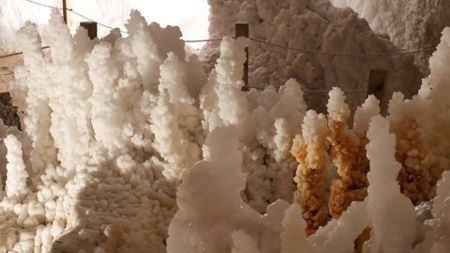
Missing megaflood: How did the Mediterranean transform from a salt-filled bowl to a deep sea if it wasn't a cataclysmic deluge?
By Dana Mackenzie Published -
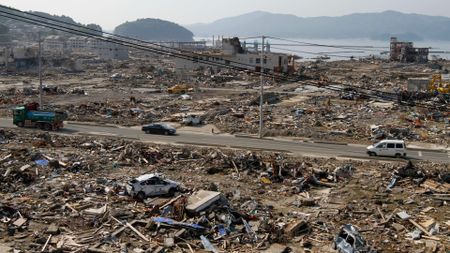
Hidden slippery clay on seafloor may have worsened devastating 2011 tsunami in Japan
By Stephanie Pappas Published -
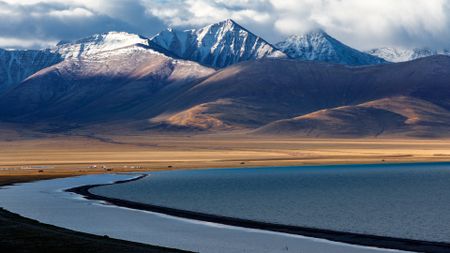
Vanishing lakes in Tibet may have triggered earthquakes by awakening faults in Earth's crust
By Colin Barras Published
-
Explore Planet Earth
Antarctica
-
-
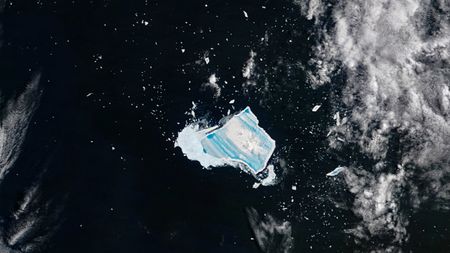
Mega-iceberg A23a, formerly the world's largest, turns into bright 'blue mush' as it finally dies after 40 years at sea
By Harry Baker Published -
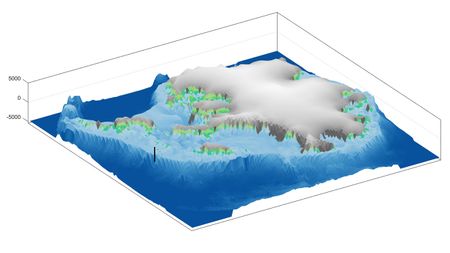
Melting of West Antarctic ice sheet could trigger catastrophic reshaping of the land beneath
By Christine Siddoway Published -
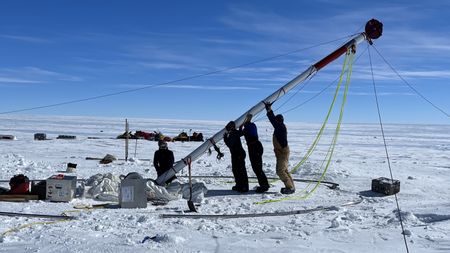
6 million-year-old ice discovered in Antarctica shatters records — and there's ancient air trapped inside
By Patrick Pester Published -
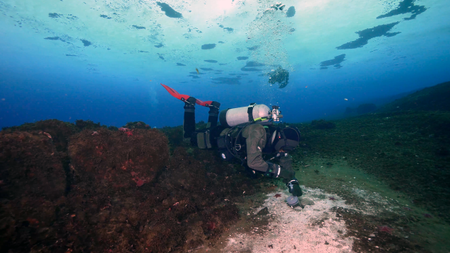
Methane leaks multiplying beneath Antarctic ocean spark fears of climate doom loop
By Patrick Pester Published -
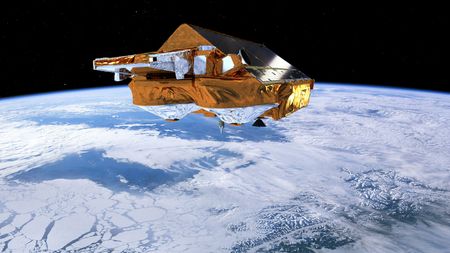
Scientists discover 85 'active' lakes buried beneath Antarctica's ice
By Sascha Pare Published -
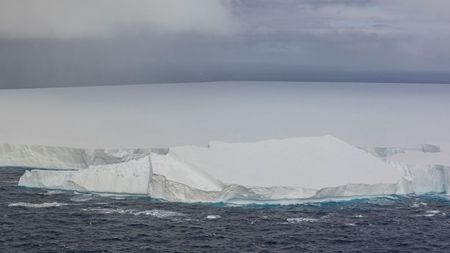
40-year-old 'queen of icebergs' A23a is no longer world's biggest after losing several 'very large chunks' since May
By Sascha Pare Published -
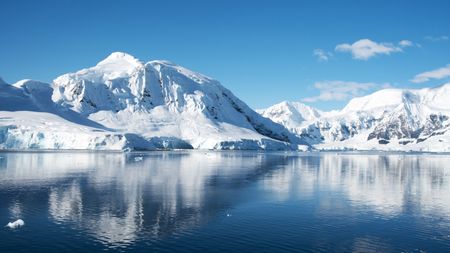
Abrupt changes taking place in Antarctica 'will affect the world for generations to come'
By Felicity McCormack Published -
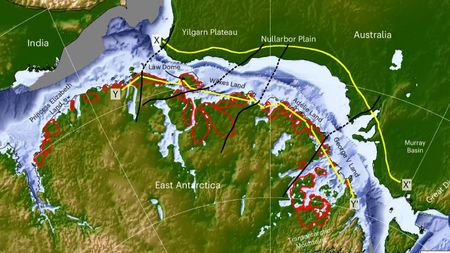
Scientists discover long-lost giant rivers that flowed across Antarctica up to 80 million years ago
By Skyler Ware Published -
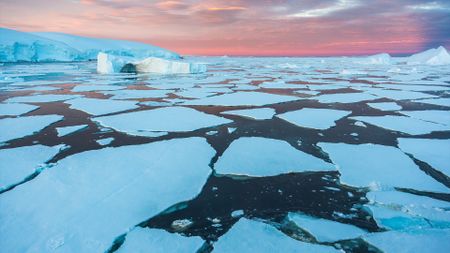
Antarctic sea ice collapse linked to a mysterious spike in ocean salt
By Ben Turner Published
-
Arctic
-
-
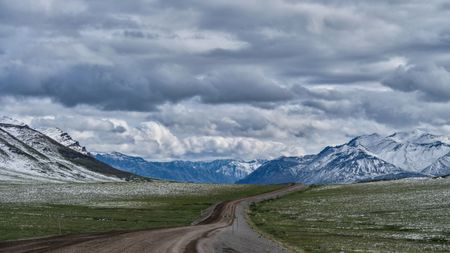
Permafrost thaw and 'shrubification' have tipped Alaska's North Slope into a wildfire regime not seen for 3,000 years
By Sascha Pare Published -
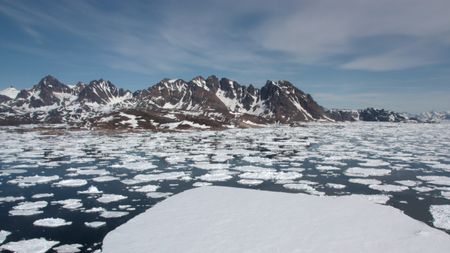
Critical moment when El Niño started to erode Russia's Arctic sea ice discovered
By Skyler Ware Published -
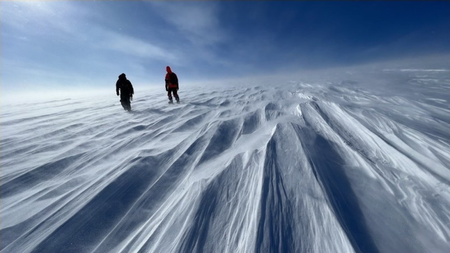
Huge ice dome in Greenland vanished 7,000 years ago — melting at temperatures we're racing toward today
By Skyler Ware Published -
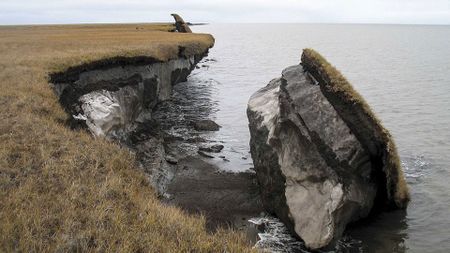
Arctic 'methane bomb' may not explode as permafrost thaws, new study suggests
By Nathaniel Scharping Published -
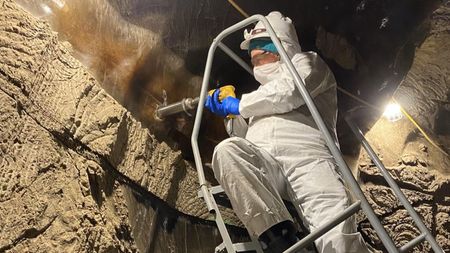
Scientists 'reawaken' ancient microbes from permafrost — and discover they start churning out CO2 soon after
By Sascha Pare Published -
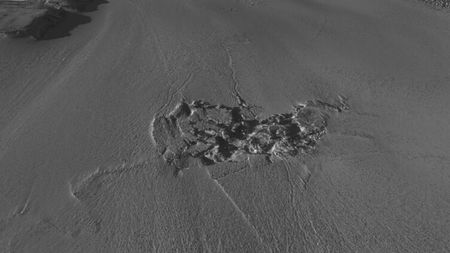
'It was so unexpected': 90 billion liters of meltwater punched its way through Greenland ice sheet in never-before-seen melting event
By Ben Turner Published -
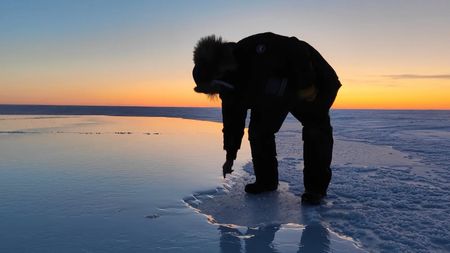
New technologies are helping to regrow Arctic sea ice
By Matilda Hay Published -
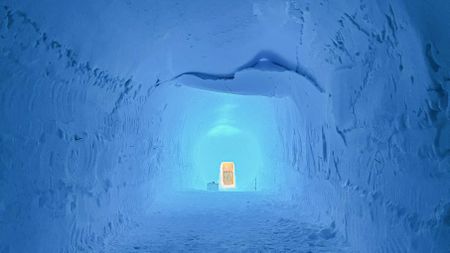
Scientists record never-before-seen 'ice quakes' deep inside Greenland's frozen rivers
By Sascha Pare Published -
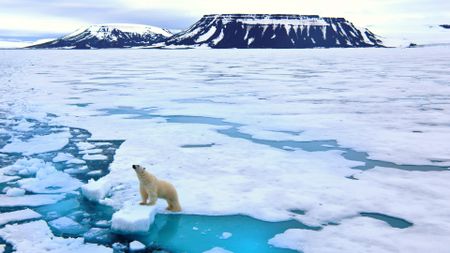
'Ominous milestone for the planet': Arctic Ocean's 1st ice-free day could be just 3 years away, alarming study finds
By Ben Turner Published
-
Climate change
-
-
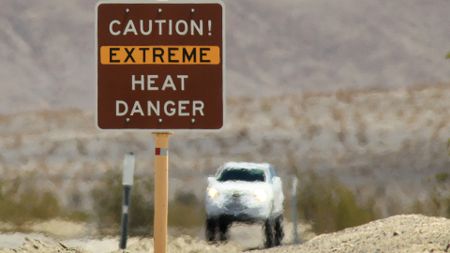
Trump is bringing car pollution and other greenhouse gases back to America's skies. Here are the health risks we all face from climate change.
By Jonathan Levy Published -

'It's telling us there's something big going on': Unprecedented spike in atmospheric methane during the COVID-19 pandemic has a troubling explanation
By Victoria Atkinson Published -
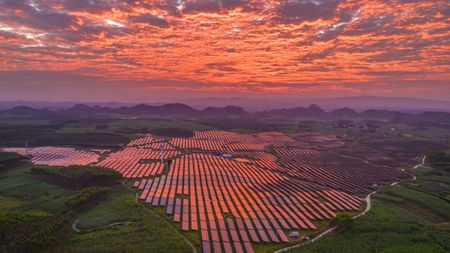
China's emissions are flatlining — and may be falling — in critical turning point for biggest emitter, report says
By Ben Turner Published -
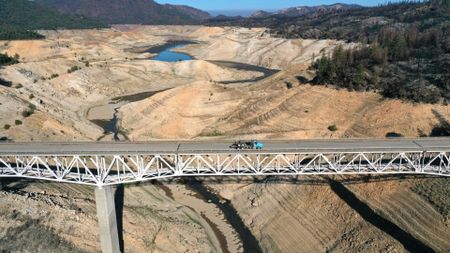
Californians have been using far less water than suppliers estimated — what does this mean for the state?
By Chris Simms Published -
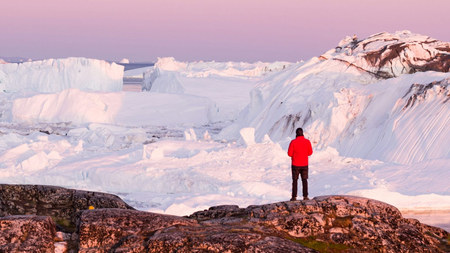
'The scientific cost would be severe': A Trump Greenland takeover would put climate research at risk
By Martin Siegert Published -
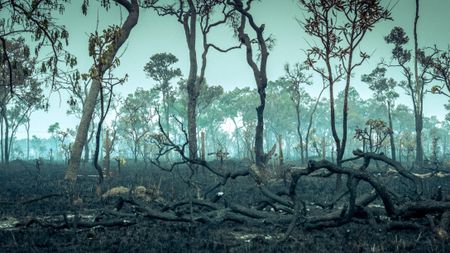
Amazon rainforest is transitioning to a 'hypertropical' climate — and trees won't survive that for long
By Sascha Pare Published -

'It is simply too hot to handle': 2024 was Arab region's hottest year on record, first-of-its-kind climate report reveals
By Skyler Ware Published -
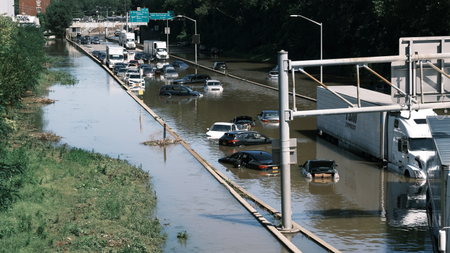
Once-in-a-century floods set to become annual events in northeastern US in the next 75 years, study finds
By Brian Owens Published -
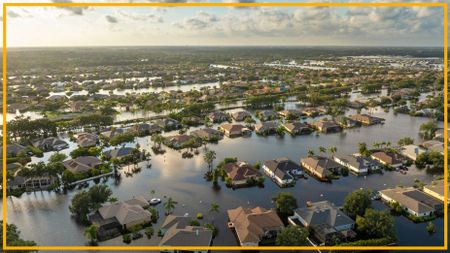 Opinion
OpinionClimate change is real. It's happening. And it's time to make it personal.
By Dr Jo Cutler Published
-
Earthquakes
-
-

Hidden slippery clay on seafloor may have worsened devastating 2011 tsunami in Japan
By Stephanie Pappas Published -

Vanishing lakes in Tibet may have triggered earthquakes by awakening faults in Earth's crust
By Colin Barras Published -
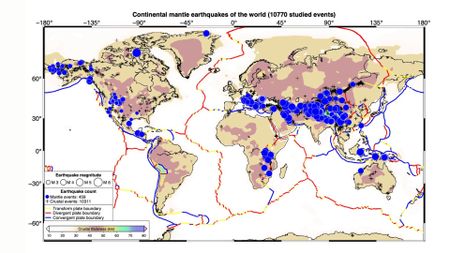
'Impossible' mantle earthquakes actually occur all over the world, study finds
By Stephanie Pappas Published -
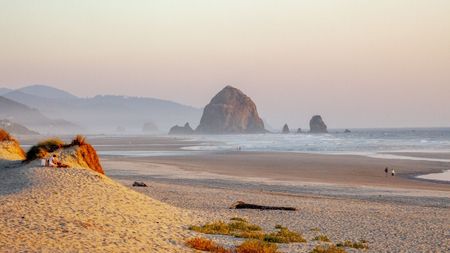
Scars from ancient 'megaquakes' at Cascadia subduction zone discovered in deep-sea landslides
By Stephanie Pappas Published -
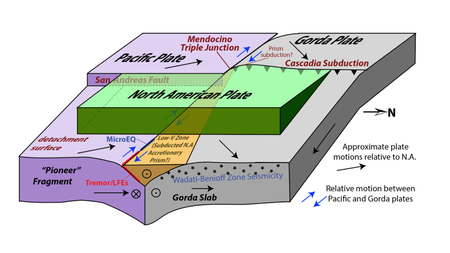
Fragment of lost tectonic plate discovered where San Andreas and Cascadia faults meet
By Stephanie Pappas Published -
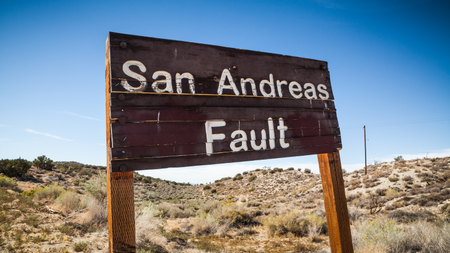
Parkfield, San Andreas, and the quest for a 'crystal ball' for predicting earthquakes before they happen
By Hrvoje Tkalčić Published -
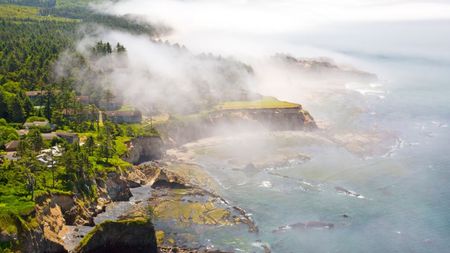
Ruptures from 'silent' earthquakes deep in Earth's crust can heal themselves within hours
By Sascha Pare Published -
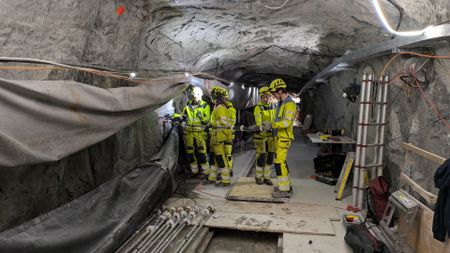
What are the signs that nature is telling us?' Scientists are triggering earthquakes in the Alps to find out what happens before one hits
By Stephanie Pappas Published -
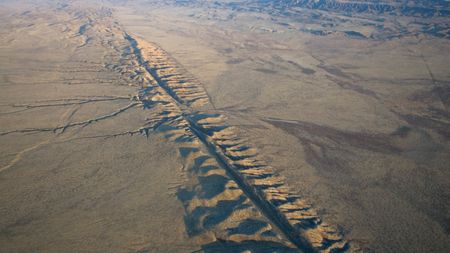
Link between Cascadia and San Andreas Fault earthquakes discovered 30 years after lost vessel stumbled across key data
By Stephanie Pappas Published
-
Energy
-
-
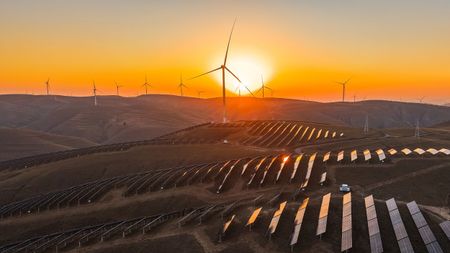
Clean energy is surging — with or without Trump
By Yale Climate Connections Published -
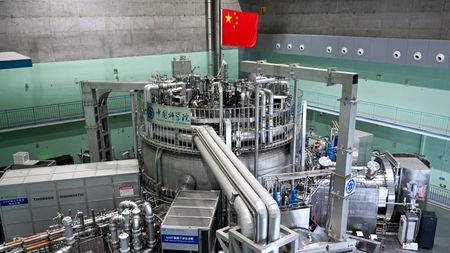
China's 'artificial sun' reactor shatters major fusion limit — a step closer to near-limitless clean energy
By Patrick Pester Published -

'This technology is possible today': Nuclear waste could be future power source and increase access to a rare fuel
By Perri Thaler Published -

Nuclear fusion record smashed as German scientists take 'a significant step forward' to near-limitless clean energy
By Victoria Atkinson Published -

There's 90,000 tons of nuclear waste in the US. How and where is it stored?
By Gerald Frankel Published -

What is 'induced atmospheric vibration' and did it really cause power outages across Spain and Portugal?
By Jess Thomson Published -

This ‘glow in the dark’ battery runs on nuclear waste
By Tom Howarth Published -

China's 'artificial sun' shatters nuclear fusion record by generating steady loop of plasma for 1,000 seconds
By Patrick Pester Published -
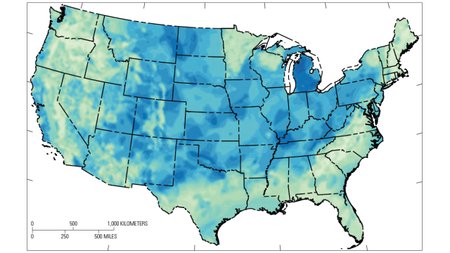
Giant reserves of 'gold' hydrogen may be lurking beneath at least 30 US states, 1st-of-its-kind map reveals
By Sascha Pare Published
-
Evolution
-
-

'Maybe they're waiting for something that only happens thousands of years later': The hidden life 'sleeping' deep beneath Earth for millions of years
By Karen G. Lloyd Published -
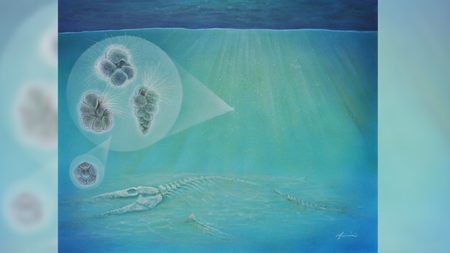
Life may have rebounded 'ridiculously fast' after the dinosaur-killing asteroid impact
By Skyler Ware Published -
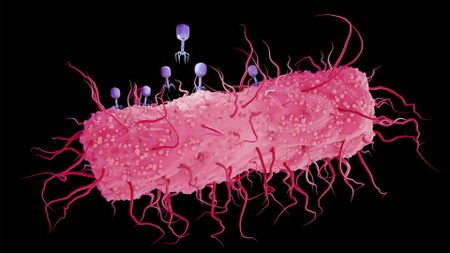
Science history: Experiment shows mutations arise spontaneously, supporting pillar of Darwinian evolution — Nov. 20, 1943
By Tia Ghose Published -

Tomatoes randomly mated with another plant 9 million years ago. The result? Potatoes.
By Sascha Pare Published -
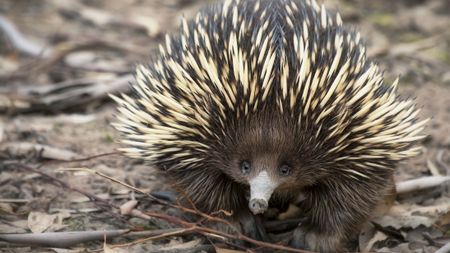
In rare evolutionary event, weird platypus cousin evolved from living in water to living on land
By Chris Simms Published -
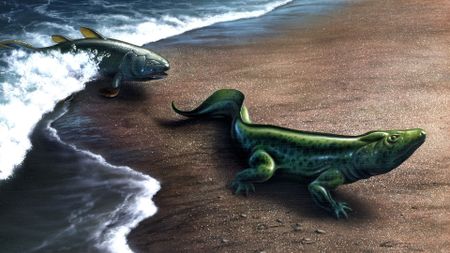
Evolution itself can evolve, new study argues
By Stephanie Pappas Published -

Our outer ears may have come from ancient fish gills, scientists discover
By Sascha Pare Published -
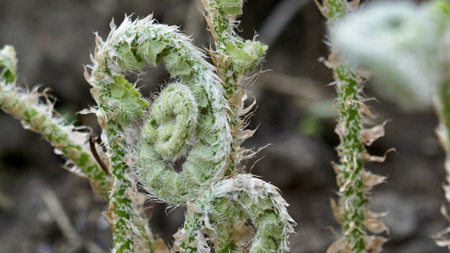
Ferns can evolve 'backward,' scientists discover
By Jacob S. Suissa Published -

Sunlight shapes our evolution — and may explain why some people have curly hair
By Mike Lee Published
-
Geology
-
-
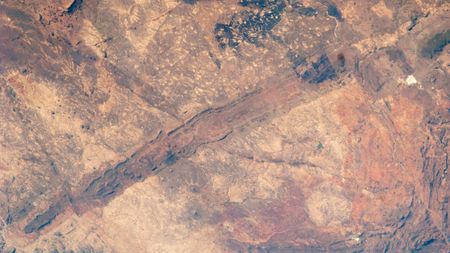 Earth from space
Earth from spaceHidden beauty of Zimbabwe's 2.5 billion-year-old 'geological marvel' revealed in striking astronaut photo
By Harry Baker Published -
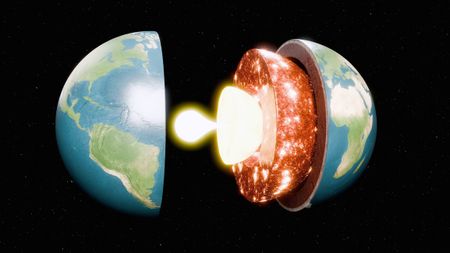
The largest reservoir of hydrogen on Earth may be hiding in its core
By Sascha Pare Published -
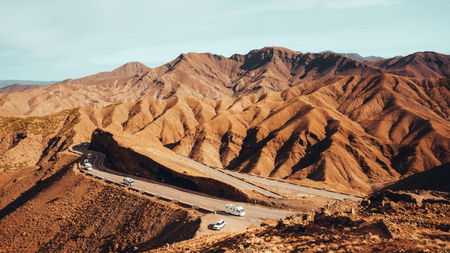
Scientist accidentally stumbles across bizarre ancient ‘wrinkle structures’ in Morocco that shouldn't be there
By Stephanie Pappas Published -
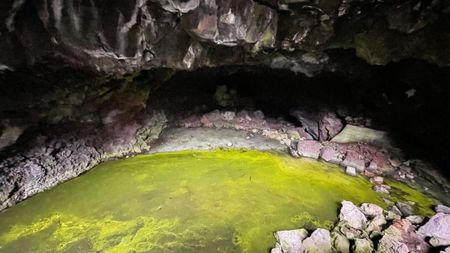
Bandera Volcano Ice Cave: The weird lava tube in New Mexico whose temperature is always below freezing
By Sascha Pare Published -
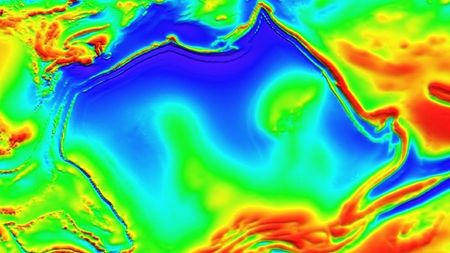
New map shows weird magnetic anomaly lurking beneath Australia's Northern Territory
By Sascha Pare Published -
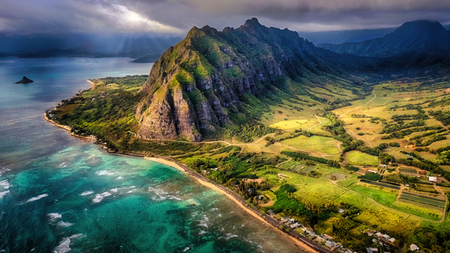
Enormous 'mega-blob' under Hawaii is solid rock and iron, not gooey — and it may fuel a hotspot
By Stephanie Pappas Published -
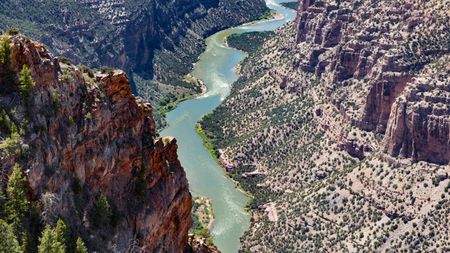
The Colorado River's largest tributary flows 'uphill' for over 100 miles — and geologists may finally have an explanation for it
By Sascha Pare Published -
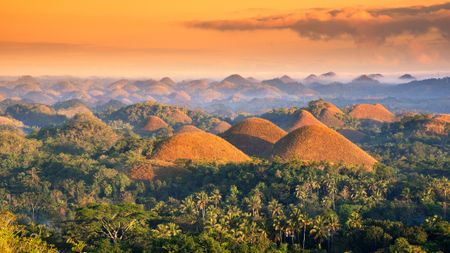
Chocolate Hills: The color-changing mounds in the Philippines that inspired legends of mud-slinging giants
By Sascha Pare Published -
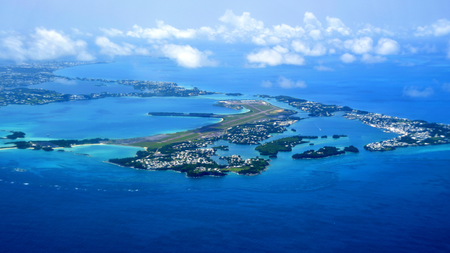
Giant structure discovered deep beneath Bermuda is unlike anything else on Earth
By Stephanie Pappas Published
-
Plants
-
-
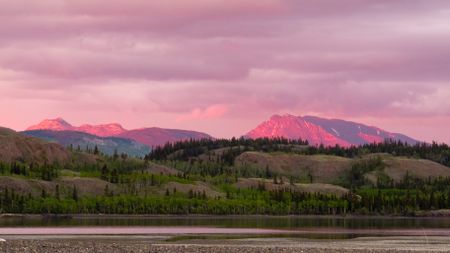
Canada could remove 5 times its annual carbon emissions by planting trees on edge of boreal forest, study finds
By Brian Owens Published -
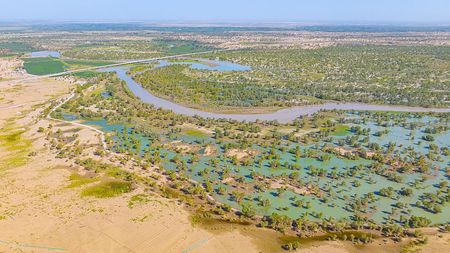
China has planted so many trees around the Taklamakan Desert that it's turned this 'biological void' into a carbon sink
By Sascha Pare Published -

'Nitrogen fixing' trees could help tropical forests bounce back, research suggests
By Corey Kane Published -
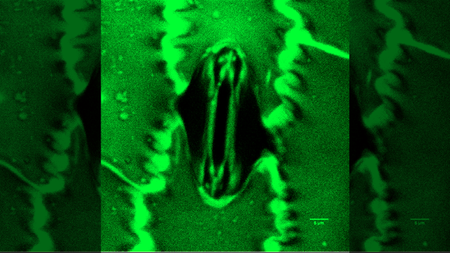
Scientists watch microscopic plant 'mouths' breathing in real time with palm-sized tool
By Sarah Wild Published -
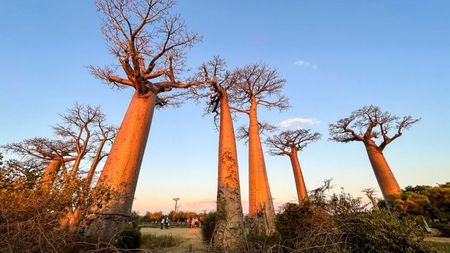
Avenue of the Baobabs: Madagascar's natural monument with dozens of 'mother of the forest' trees
By Sascha Pare Published -
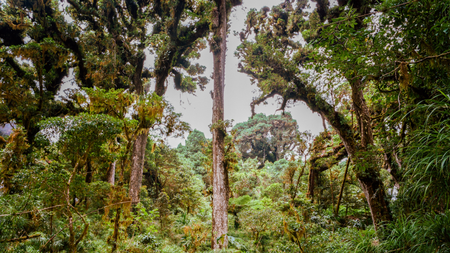
Trees in Panama's tropical forests are growing longer roots in the face of drought
By Sarah Wild Published -
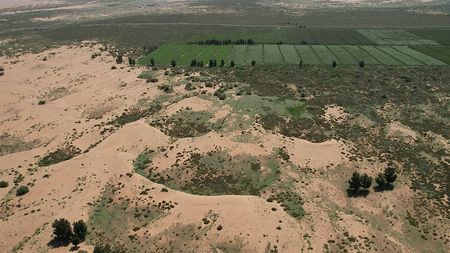
China's Great Green Wall: The giant artificial forest designed to slow the expansion of 2 deserts
By Sascha Pare Published -
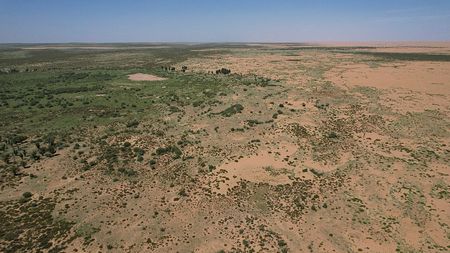
China has planted so many trees it's changed the entire country's water distribution
By Sascha Pare Published -
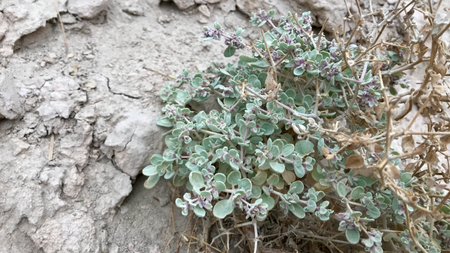
Death Valley shrub rearranges its insides to thrive in one of the hottest places on Earth
By Sarah Wild Published
-
Rivers & Oceans
-
-
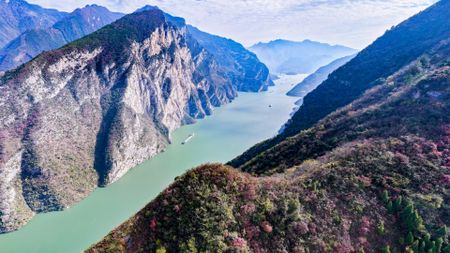
China banned all fishing to save the Yangtze River. This 'nuclear' option appears to be working.
By Chris Simms Published -
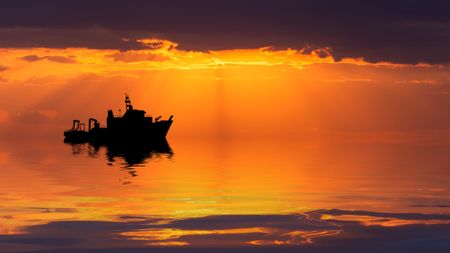
Enormous freshwater reservoir discovered off the East Coast may be 20,000 years old and big enough to supply NYC for 800 years
By Sascha Pare Published -
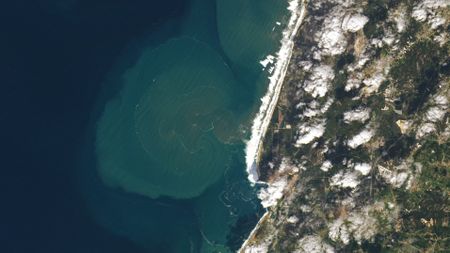 Earth from space
Earth from spaceGiant underwater plumes triggered by 7-story waves at Nazaré captured off Portuguese coast
By Harry Baker Published -
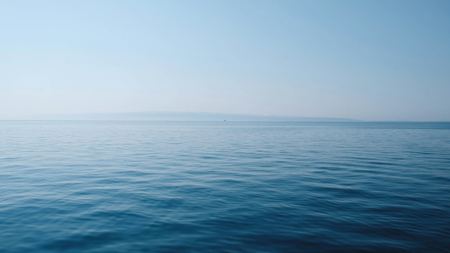
Last year, the oceans absorbed a record-breaking amount of heat — equivalent to 12 Hiroshima bombs exploding every second
By Eos.org Published -
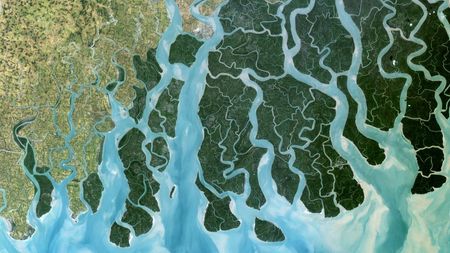
18 of Earth's biggest river deltas — including the Nile and Amazon — are sinking faster than global sea levels are rising
By Sascha Pare Published -

What's the oldest river in the world?
By Victoria Atkinson Published -
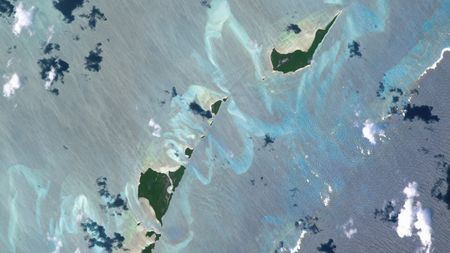 Earth from space
Earth from spaceSubmerged sandbanks shine like underwater auroras in astronaut's view of the Bahamas
By Harry Baker Published -
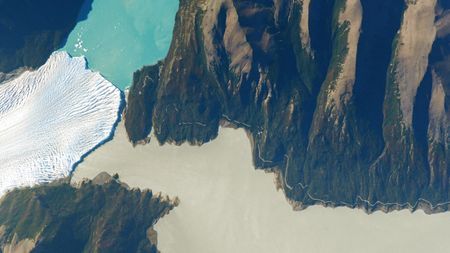 Earth from space
Earth from spaceSee the exact point where a glacier, a lake and a river 'touch' in Argentina
By Harry Baker Published -
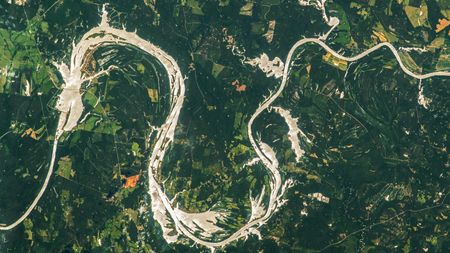 Earth from space
Earth from spaceRare 'sunglint' transforms Alabama River into a giant 'golden dragon'
By Harry Baker Published
-
Volcanoes
-
-
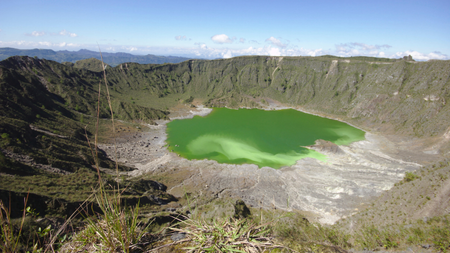
The world's 'hidden' volcanoes pose the greatest risk for global crisis
By Mike Cassidy Published -
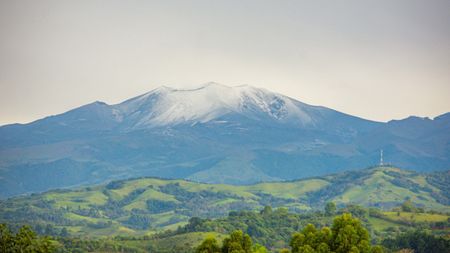
Coconucos volcanic chain: Colombia's stunning cluster of volcanoes, lost in an otherworldly landscape
By Sascha Pare Published -
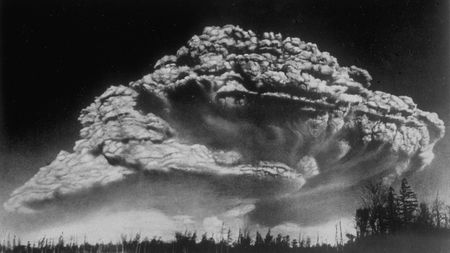
Russia's Bezymianny volcano blew itself apart 69 years ago. It's now almost completely regrown.
By Stephanie Pappas Published -
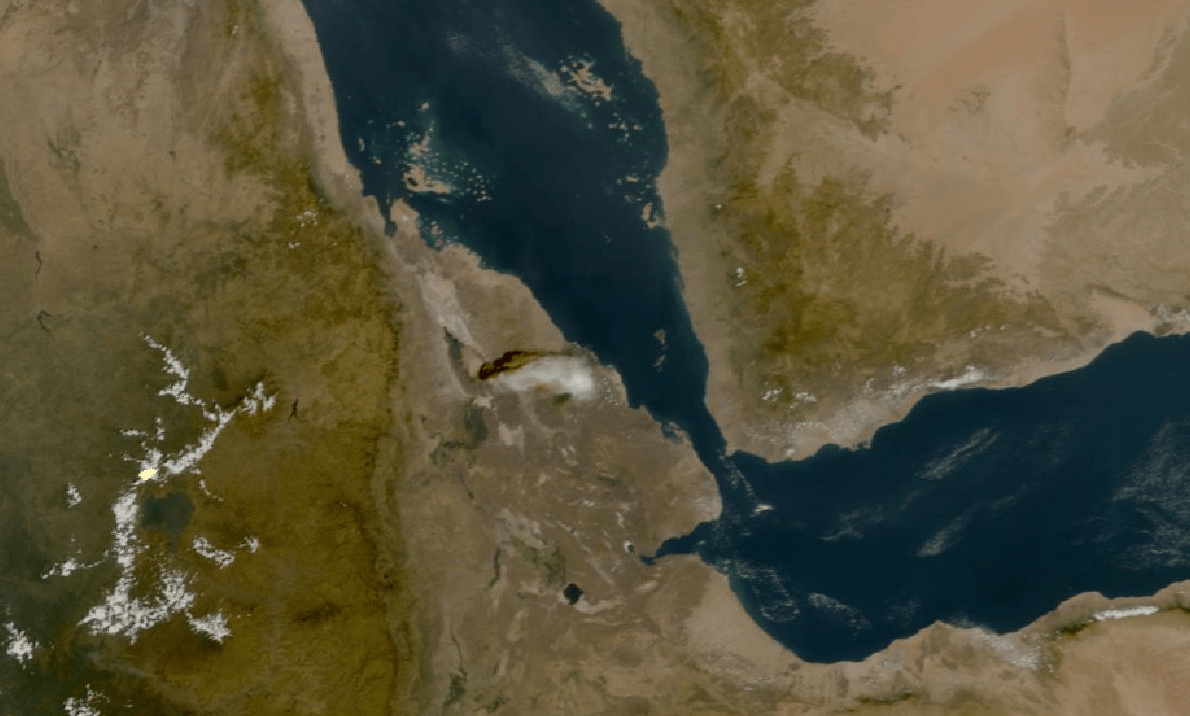
'Like a sudden bomb': See photos from space of Ethiopian volcano erupting for first time in 12,000 years
By Skyler Ware Published -
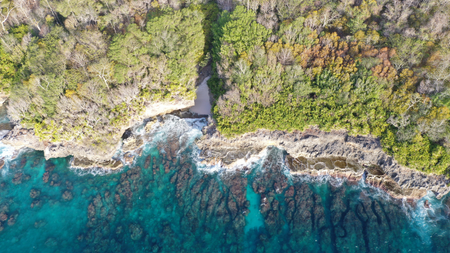
Eruptions of ocean volcanoes may be the echoes of ancient continental breakups
By Stephanie Pappas Published -
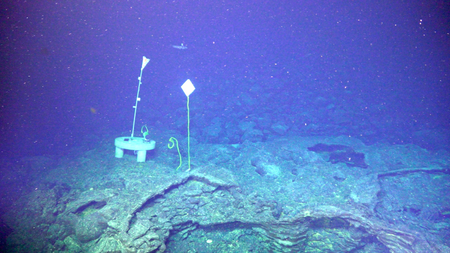
Underwater volcano off Oregon coast likely won't erupt until mid-to-late 2026
By Sascha Pare Published -
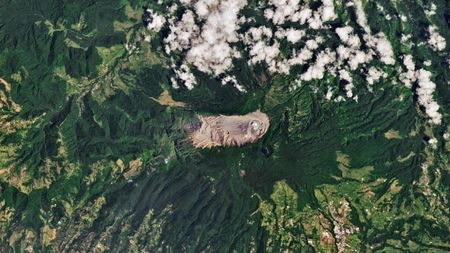 Earth from space
Earth from spaceExtreme 'paradise' volcano in Costa Rica is like a piece of ancient Mars on our doorstep
By Harry Baker Published -
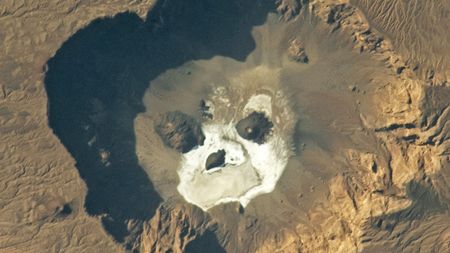 Earth from space
Earth from spaceGlowering 'skull' stares upward from a giant volcanic pit in the Sahara
By Harry Baker Published -
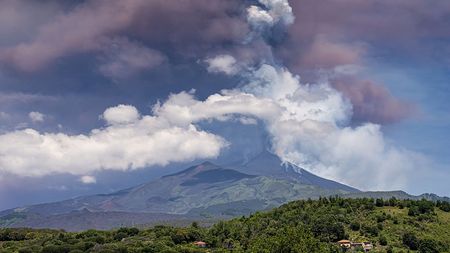
Scientists discover new way to predict next Mount Etna eruption
By Sascha Pare Published
-
Weather
-
-

Missing megaflood: How did the Mediterranean transform from a salt-filled bowl to a deep sea if it wasn't a cataclysmic deluge?
By Dana Mackenzie Published -

Punxsutawney Phil predicts a long winter this Groundhog Day — but how much should we trust the prophetic rodent?
By Live Science Staff Last updated -
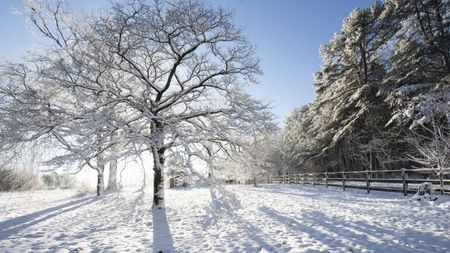
Arctic blast probably won't cause trees to explode in the cold — but here's what happens if and when they do go boom
By Patrick Pester Published -
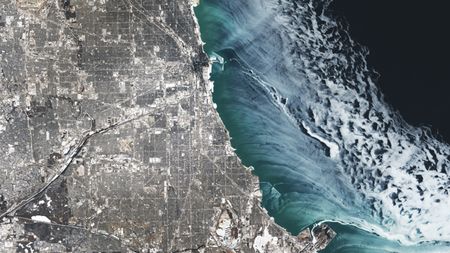 Earth from space
Earth from spaceEthereal ice structures swirl alongside Chicago during extreme cold snap fueled by polar vortex
By Harry Baker Published -
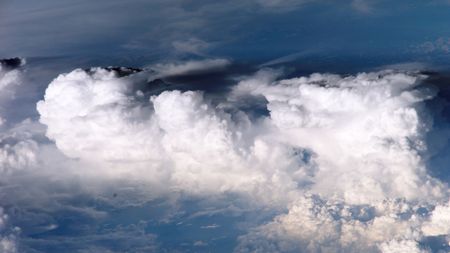
'Nobody knew why this was happening': Scientists race to understand baffling behavior of 'clumping clouds'
By Clare Watson Published -
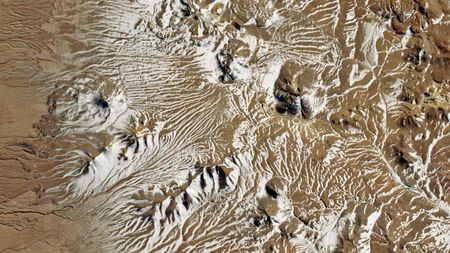 Earth from space
Earth from spaceRare dusting of snow covers one of the driest place on Earth and shuts down massive radio telescope
By Harry Baker Published -

Death Valley's 'world's hottest temperature' record may be due to a human error
By Sascha Pare Published -
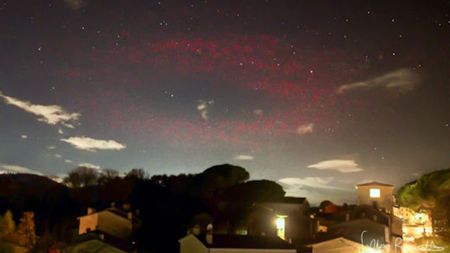
Bizarre, UFO-like halo of red light appears over small Italian town — for the second time in 3 years
By Harry Baker Published -
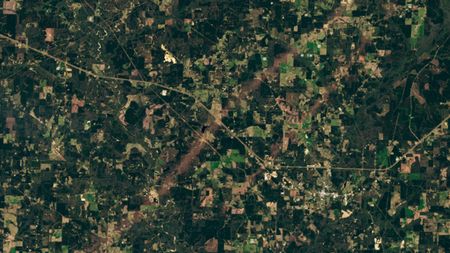 Earth from space
Earth from spaceTwin tornadoes tear perfectly parallel tracks through Mississippi during deadly 'superstorm'
By Harry Baker Published
-
More about Planet Earth
-
-

Vanishing lakes in Tibet may have triggered earthquakes by awakening faults in Earth's crust
By Colin Barras Published -
 Earth from space
Earth from spaceHidden beauty of Zimbabwe's 2.5 billion-year-old 'geological marvel' revealed in striking astronaut photo
By Harry Baker Published -

'Impossible' mantle earthquakes actually occur all over the world, study finds
By Stephanie Pappas Published
-
 Live Science Plus
Live Science Plus









